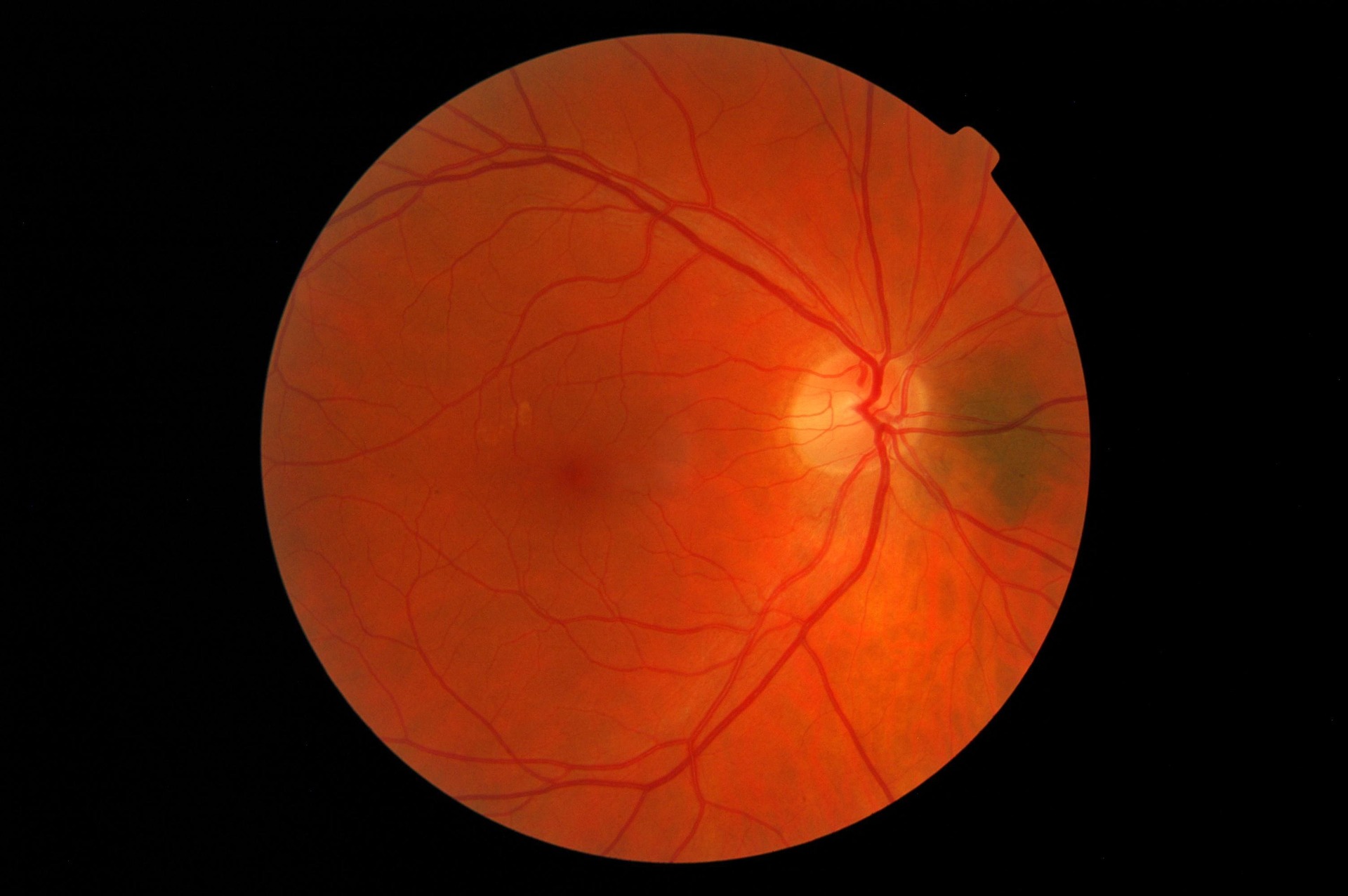Diabetes can cause significant damage to the retina. The problem is that people with diabetic retinopathy, as the technical term is, do not realize that they have it for a long time.
If vision disturbances occur, the damage is usually quite advanced, so visual impairment or even blindness is imminent.
But it is possible to prevent it, says Hans-Peter Hammes, a diabetologist at Mannheim University Hospital. The diabetic retinopathy expert emphasizes that, in addition to maintaining a suitable blood sugar and blood pressure level, preventive examinations, known as screening, are essential in the fight against the disease.
A review by an ophthalmologist
“Thirty percent of patients do not undergo any screening,” adds the German doctor, who also notes that some people even wait years before doing so. During the screening, the ophthalmologist applies drops to the right and left eye, which dilates the pupil, and uses the appropriate optical instrument to check the state of the retina.
Children are a special case when it comes to screening. It is not essential to have them screened, at least in the first few years after being diagnosed with diabetes, says Hammes. “However, in the long term, i.e. after more than five years of diabetes, they should be checked.”
Early treatment with laser or injection
What happens if retinopathy is detected early? “Then the eye needs to be looked after,” says Hammes. “If other blood vessels are damaged or the area of sharp vision swells, it is possible to intervene early with lasers or injections into the eye. If left untreated, there is a risk of blindness,” he adds.
There is no cure for retinal disease, he warns.
He explains that it is not just about vision: diabetic retinopathy is also a sign of diseases of the vascular system and, in an early stage, is even an indication of an increased risk of heart attack and stroke.
The changes have already occurred when the diagnosis arrives.
According to the German Diabetes Help Centre, a slight change in the retina is detected in up to one-third of all type 2 diabetics when their diabetes is diagnosed.

Hammes regrets that interest and knowledge on this topic have been declining in recent years. From the point of view of the diabetologist, patients, family doctors, and ophthalmologists should be more aware of the consequences of diabetic retinopathy.
Sexual problems, a taboo subject
Another common problem that hardly anyone wants to talk about is impaired sexual function. According to the German Diabetes Help Centre, men often have trouble getting an erection, while women complain of pain during intercourse or have to deal with a general loss of libido.
Many of these sexual problems are easily treatable. The problem, however, is that many of those affected do not mention them during a visit to the doctor due to a “misplaced sense of shame.”
For women, a hormonal check-up may be helpful. And if necessary, hormone replacement therapies may improve the situation. Using lubricant is a simple remedy that can help, the center notes.
Erectile dysfunction in men, in turn, can be treated with medication. Other approaches opt for vacuum pumps or implantation of a prosthesis in the penis “as a last resort.”
Tips for coping with the consequences of diabetes
Diabetes can also trigger other ailments. Those suffering from chronic disease often develop diabetic foot syndrome, which, according to the German Institute for Quality and Efficiency in Health Care ( IQWiG), affects two to three out of ten diabetics in their lifetime.
This can often lead to the need to amputate one or more toes on the foot or even the entire foot. However, it is always advisable to obtain a second opinion to see if amputation is avoidable.
The reason for this is that doctors give very different advice for large foot wounds. Some advise amputating the toes or the entire foot more quickly, while others are more cautious. In the end, it is up to the patient to decide.























+ There are no comments
Add yours